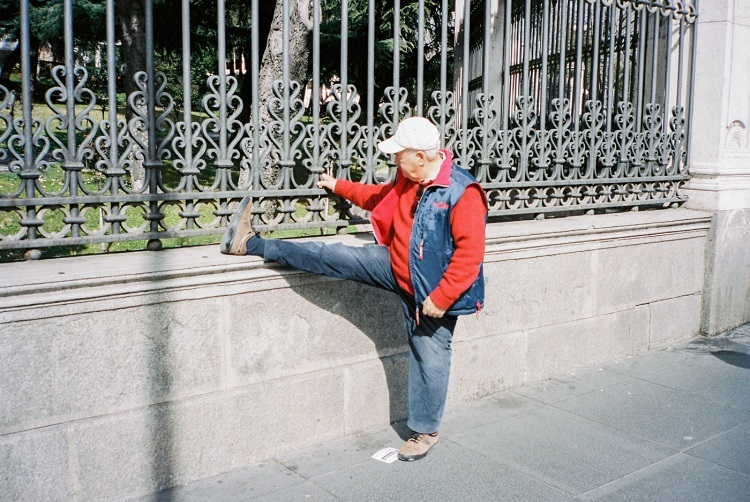Bone density becomes a health issue as people age. Of course, maintaining good bone density is always important, but being young, in many cases, helps people avoid injury. When you get older, however, poor bone density can result in broken bones, difficulty moving, poor posture, and general weakness.
Humans typically have peak bone mass in their 20s. After that, it’s a slow decline. As we live longer, maintaining bone density becomes more of a priority. The work you do earlier on in life to keep your bones healthy will impact how you feel when you’re older. If you want to stay active, then you’ll need to find ways to increase bone density starting now.
However, you can do things to keep your bone density up and slow the aging process. Most of them require regular attention, but they are totally doable for almost everyone. Here are six ways you can increase bone density starting now.
Table of Contents
Regular Strength Training
Lifting weights as part of an overall exercise regimen is a terrific way to maintain bone density in later years. Not everyone has to be a bodybuilder, but almost every person should be lifting heavy things to make their bones stronger. Studies have shown that lifting weights during years when you’re growing bones is vital, and weight lifting later in life slows the decline.
Take a Calcium Supplement
You can easily find calcium supplements online or even in your local grocery store. Besides taking pills, you should also look for other ways to add more calcium to your diet. Milk, yogurt, leafy greens, beans, and other foods are high in calcium. Seek them out and find ways to add them to your meals. The more calcium you eat, the more resources your bones have. It can make them stronger and prevent bone injuries.
Lose the Extra Weight
If you’re obese or overweight, it puts more strain on your bones and can decrease bone density long-term. When you’re overweight, you’re also less likely to lift weight and otherwise live a healthy lifestyle.
It’s easy to understand why extra weight is so bad for your bones. Too much weight means your bones are under constant pressure when you’re moving around. It’s harder for them to stay strong when they’re constantly stressed. In addition, obese people are generally less active. Your bones weaken faster when you walk less and don’t lift heavy objects.
Eat Protein
Protein is an essential building block for bones. So you should do what you can to up your protein intake if you want to increase bone density. Eating more protein is particularly important in the years you’re building bone mass. Studies have shown that people who eat more protein experience fewer bone fractures and have higher bone density.
You can add protein to your diet by upping your meat consumption. However, there is also a lot of protein in beans, avocados, and a variety of other foods.
Take Magnesium & Vitamin D
Magnesium and Vitamin D supplements facilitate your body’s ability to absorb calcium. That’s important when you want as much calcium going into your bones as possible. You can find magnesium in foods like seeds, nuts, and whole grains. Vitamin D is an affordable supplement, but you can also get Vitamin D from spending more time outdoors in the sun.
Move Around
In addition to lifting weights, walking and running are great for your bones. When you’re moving around a lot, your bones stay strong and compact. They have less chance of losing density when they’re constantly in use.
People who walk regularly have higher bone density and experience fewer injuries in old age. Activity is one of the biggest factors in how well you’ll age in your later years. Don’t give your body a chance to rest on its laurels. Keep your bones strong and flexible by getting up and moving every day.
Peptides & Bone Density
Peptides are short chains of amino acids. When added together, they form proteins. Researchers have found various uses for peptides that trigger specific responses in the body. For example, research on young, obese test subjects shows that the peptide MK-677 increases both bone deposition and resorption. The results of MK-677 administration are similar in both young and old test subjects.
In a study involving elderly patients across multiple locations, MK-677 showed promising results in improving gait speed and lowering the total number of patient falls. In addition, it can lead to higher bone strength and fracture resistance, especially when paired with resistance training.
Don’t wait until it’s too late before you start paying attention to bone density. By starting healthy habits now, you can avoid worries about falling and other related bone-health problems. In addition, keeping your bones dense and strong will help you to age better and stay active for longer. These simple tips are a great place to start. You can also talk to your doctor about what you can do to improve the overall health of your bones.











